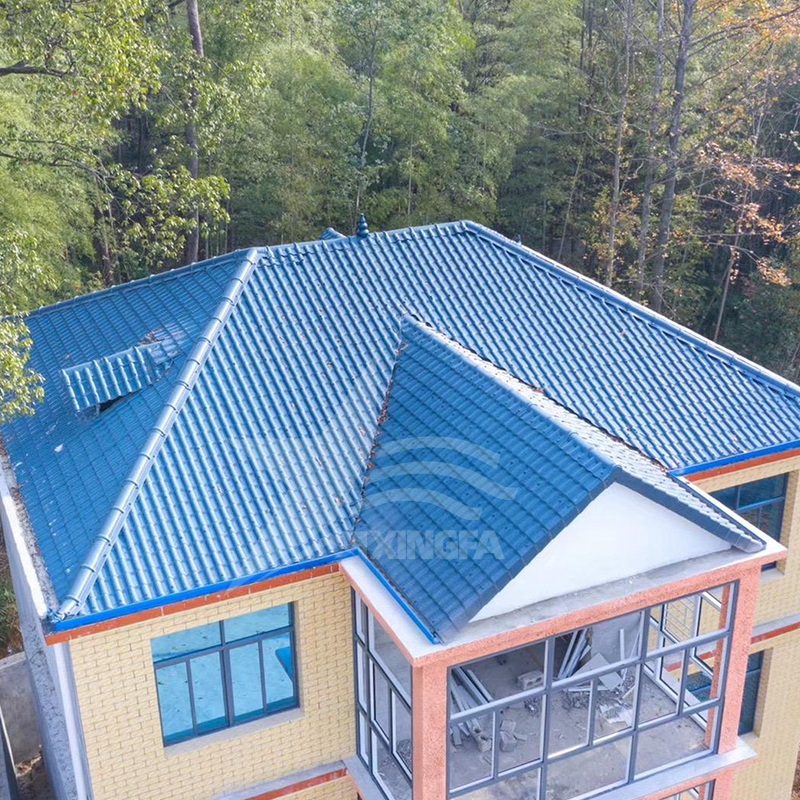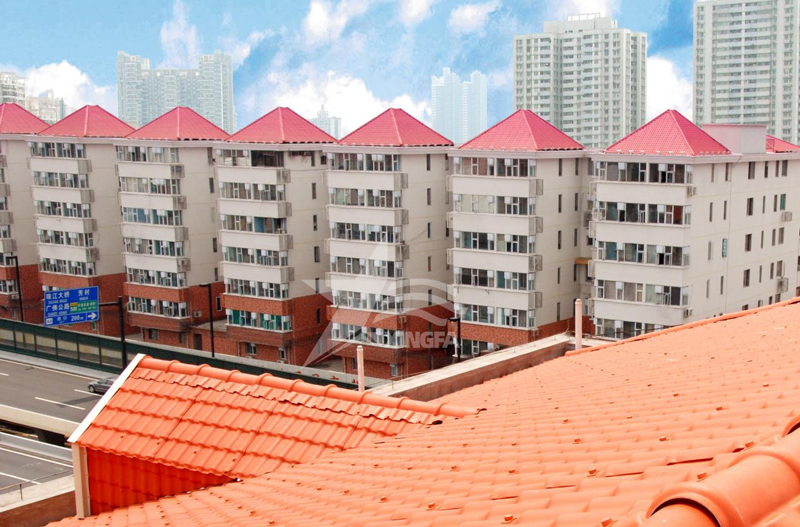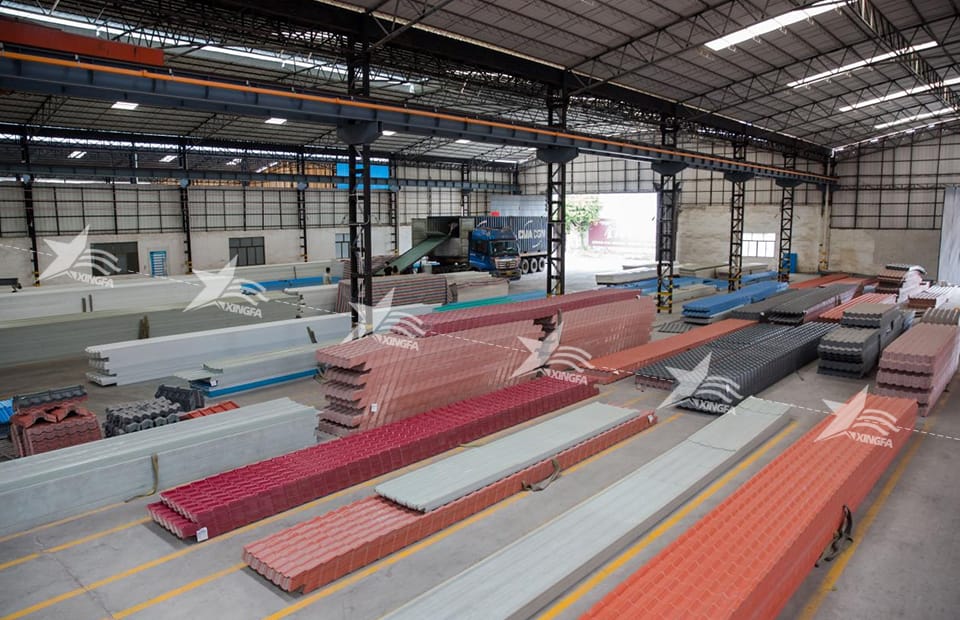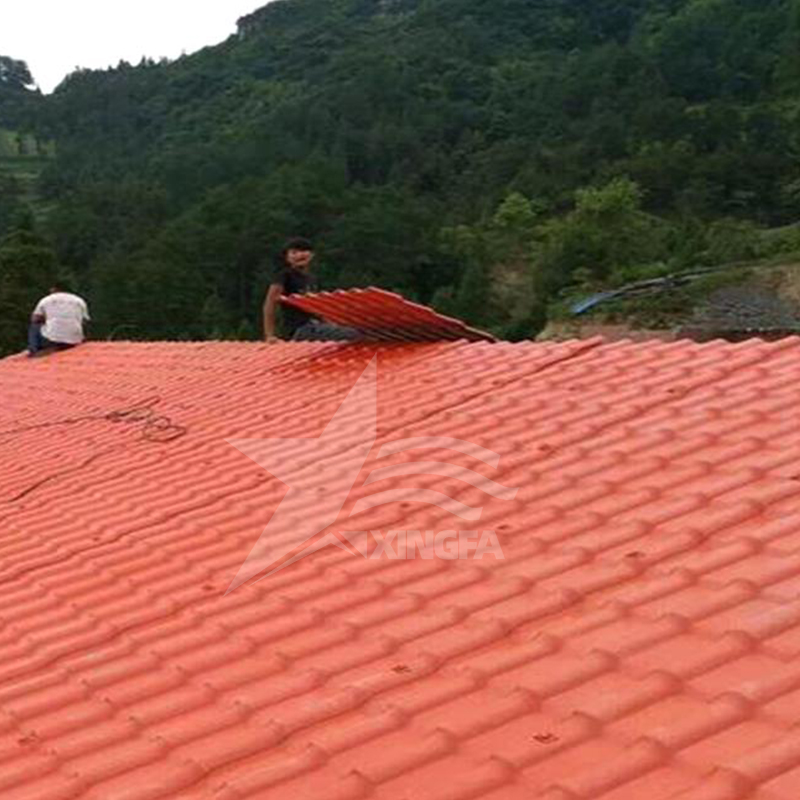As modern construction advances, the housing development in new rural areas is becoming increasingly diverse. When it comes to selecting roofing materials, resin tiles and glazed tiles are often top choices. But which one truly excels? Let’s delve into the comparison.

Durability and Lifespan
Resin tiles, typically made from synthetic resin, boast excellent weather resistance and durability. They can last over 20 years, providing long-term roof protection and a stable living environment for new rural houses. On the other hand, while glazed tiles also offer durability, they require more frequent maintenance and their lifespan is influenced by various factors.

Maintenance and Upkeep
In terms of daily maintenance, resin tiles are relatively low-maintenance. They have a self-cleaning ability, where a light rain can wash away dirt, keeping them looking new. Glazed tiles, however, demand more upkeep, such as removing standing water and debris to ensure longevity. For residents in new rural areas, this translates to lower maintenance costs and a more convenient lifestyle with resin tiles.
Appearance and Aesthetics
Resin tiles offer greater flexibility in appearance. Their color and texture can be customized according to personal preferences and design needs, and they retain their color over time, adding a modern and attractive look to the roof. Glazed tiles, on the other hand, are ideal for those seeking a classical aesthetic and traditional style, though their color and gloss may change over time.

Conclusion
In summary, resin tiles have distinct advantages in terms of durability, ease of maintenance, and aesthetic versatility, making them a more suitable choice for new rural housing construction. While glazed tiles are also a fine roofing material, they require more maintenance and are more limited in aesthetic style. Considering long-term use and maintenance costs, resin tiles may be the wiser choice for your roof.










